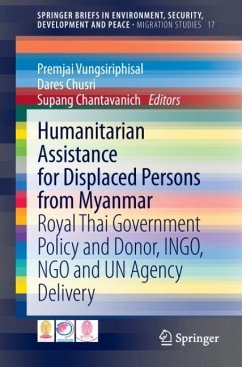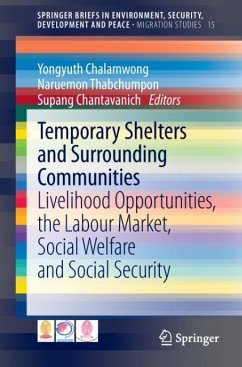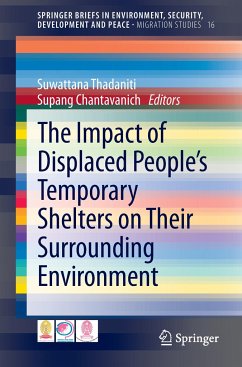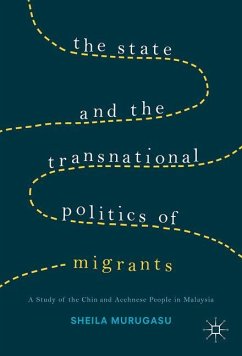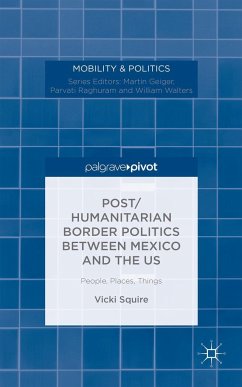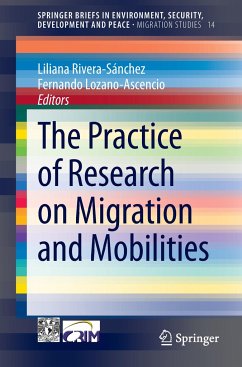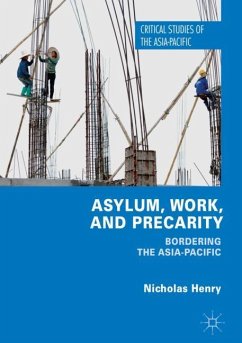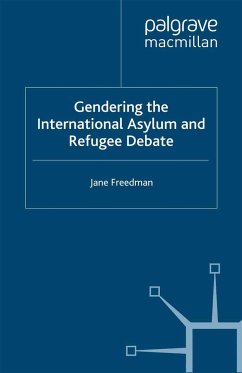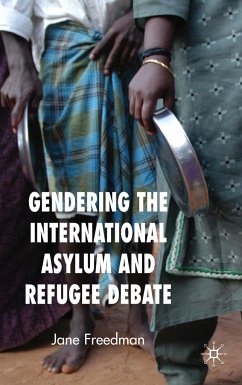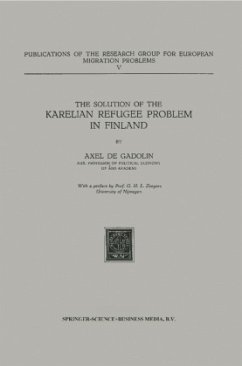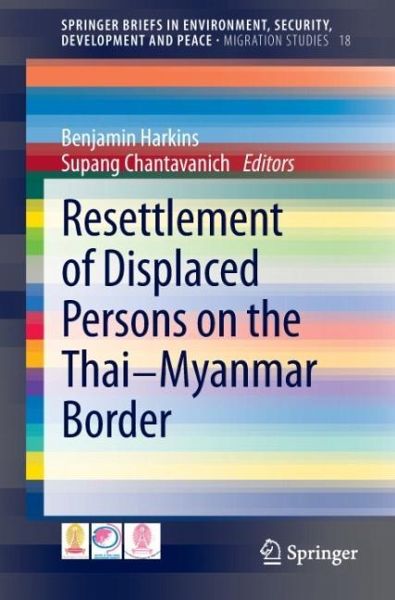
Resettlement of Displaced Persons on the Thai-Myanmar Border

PAYBACK Punkte
19 °P sammeln!
This book is one of four volumes on a major empirical migration study by leading Thai migration specialists from Chulalongkorn University (Bangkok) for the United Nations Development Programme (UNDP). The camps on the Thai-Myanmar border are the result of the world's largest resettlement program. However, despite large-scale financial and human resource engagement, little research exists on how successful this resettlement has been. This book provides the first insight on how realistic the policy recommendations are for a durable solution for refugees at the borders. Practitioners and policyma...
This book is one of four volumes on a major empirical migration study by leading Thai migration specialists from Chulalongkorn University (Bangkok) for the United Nations Development Programme (UNDP). The camps on the Thai-Myanmar border are the result of the world's largest resettlement program. However, despite large-scale financial and human resource engagement, little research exists on how successful this resettlement has been. This book provides the first insight on how realistic the policy recommendations are for a durable solution for refugees at the borders. Practitioners and policymakers from governments, international organizations and NGOs will benefit from its findings. The volume is also helpful for anyone studying forced migration and its denouement in the age of globalization.





